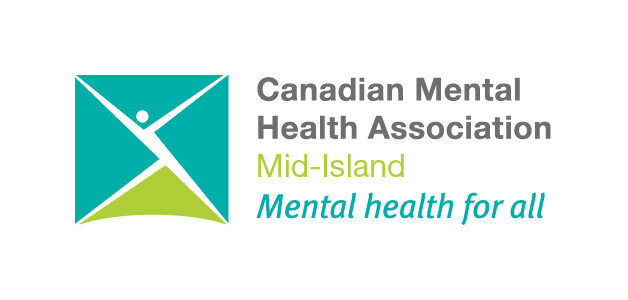
Mentally healthy people in a healthy society.
Find Help Now
If you are in a situation that involves immediate risk of harm to self or others, please call 911.
If you are in an emergency or crisis:
Call 911:
go to the nearest emergency room or follow the emergency instructions provided by your doctor, mental health professional or care team. If your community has a mental health car, you can call 911 to request it.
Call 1-800-SUICIDE
1 (800) 784-2433 to get help right away, any time of day or night. It’s a free call.
Call 1 (888) 494-3888 24 hours a day to connect to the Vancouver Island crisis line.
Text 1 (250) 800-3806 from your mobile. Available from 6:00 pm to 10:00 pm Pacific Time, seven days a week.
This is a resource for suicide prevention for Aboriginal people on Vancouver Island and in the province of British Columbia. Help is available 24 hours a day. If you are facing a crisis, call any time.
Adult Crisis Line: 250-723-4050
Youth Crisis Line: 250-723-2040
Vancouver Island and through the Province of BC: 1 (800) 588-8717
310 Mental Health:
310-6789 for emotional support, information and resources specific to mental health.
Kid’s Help Phone:
for children and youth aged 5 to 20. Call 1 (800) 668-6868 to speak to a professional counsellor or text 686868, 24 hours a day. It’s free, confidential, anonymous and available across Canada. They can also refer you to local services and resources. Kid’s Help Phone is available in English and French.
In a non-emergency:
Call 211:
During the COVID19 crisis, seniors (65+) needing assistance and volunteers prepared to help may register by calling 211 or visiting the website: bc211.ca. Plus, anyone looking for non-medical community and social services information and referrals can use the system for free 24/7, 7 days a week. Multiple languages available.
Your Family Doctor:
Your doctor can connect you with many community resources and can be a good place to start.
Crisis Lines:
crisis lines aren’t only for people in crisis. You can call for information on local services or if you just need someone to talk to. See the numbers in the previous section.
BC Partners for Mental Health and Addictions Information:
visit www.heretohelp.bc.ca for the Mental Disorder Toolkit, more fact sheets and personal stories about mental disorders. The Toolkit is full of information, including templates for creating your action plan and tips for avoiding crisis and emergencies.
Mental Health and Substance Use Services:
Nanaimo Mental Health & Substance Use
203-2000 Island Highway North, Nanaimo, B.C.
Drop-in Crisis Counselling:
Monday - Friday: 10 a.m. to 6:15 p.m. - no appointment necessary.
Intake Comox Valley - Referrals to MHSU
941C England Ave., Courtenay, B.C.
